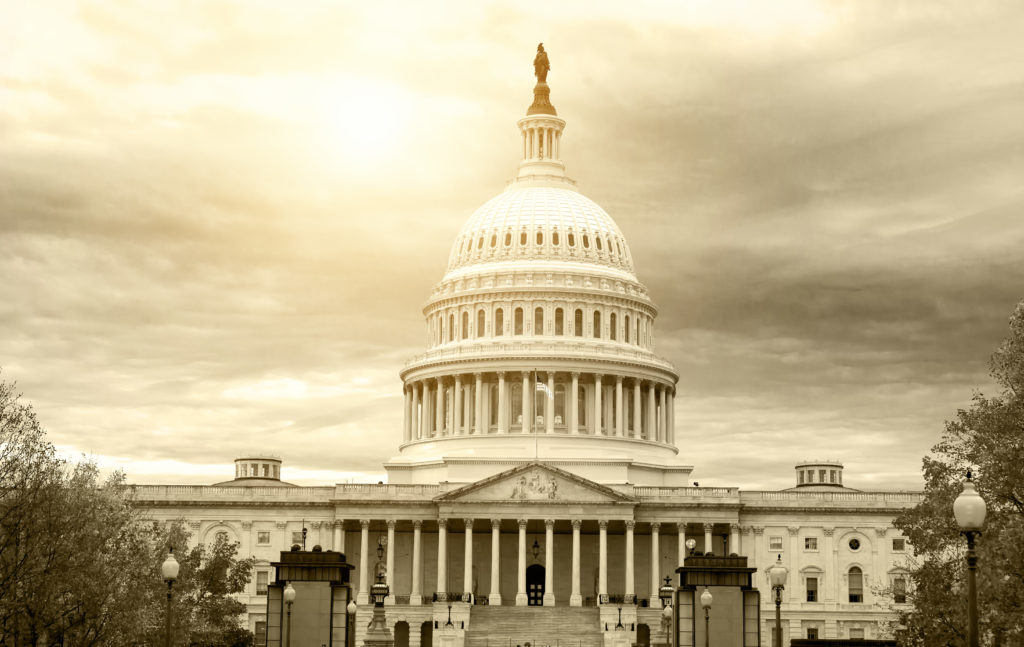
Echoing Bill Clinton’s declaration in his 1996 State of the Union address that “the era of big government is over,” Ross Douthat now sees conservatives justifying government interventions because they have lost the culture war.
…as civil society has decayed over recent decades, its remaining power centers have also become increasingly left-wing.
Already-liberal institutions — universities, Hollywood, the big foundations and the mass media — are now more uniformly allied with the Left even more now than in the very recent past. Corporate America happily donates to Republicans because it fears a Bernie Sanders presidency, but on cultural issues, big business courts its younger customers with progressive lobbying and propaganda. In religion, Catholicism under Pope Francis aspires (scandals permitting) to ease its way leftward as well, leaving evangelical Christianity as an isolated bastion with little culture-shaping power.
Big government conservatives have always been with us, but Douthat sees new essays from Gladden Pappin and Daniel McCarthy as the most complete statements of a conservative philosophy of big government. He contrasts their views and those of Oren Cass for a policy of economic nationalism that uses the levers of government to help American workers and businesses alike with those of Tim Carney, David French, and others who see cultural and religious renewal as the cornerstone of an American revival.
As Douthat concludes, those in power can justify their use of power in any way that is convenient for their action. Pappin and McCarthy have diagnosed some of the problems with the market utopianism of recent decades. McCarthy is even more correct when he says that “culture first” has fallen short (except as a rhetorical trope).
In practice, it meant that conservatives emphasize certain “cultural” forms of argument without seriously confronting the hard questions of politics or economics – as if worldly matters will take care of themselves if only our rhetoric is elevated and our intentions pure. Sometimes this leads to a politics of cant. Sometimes it leads to political quietism or a drift toward literary utopianism. And sometimes it just leads to ham-fisted attempts to produce “conservative” films or other forms of popular culture in which the political message is almost always more conspicuous than the artistic merit.
Despite those shortcomings, the emphasis on culture still gets more right than wrong. First, government policy will not improve how people think. It will not change the current perception that all Americans should seek to minimize their taxes, that companies are right to take or seek incentives for location decisions, or that benefits should go to those unwilling to work. These are cultural norms that need to be reinforced outside of government and outside of markets. They are about character.
Second, because the proposed new conservatism puts its bet on force instead of character, it leaves the dangerous likelihood that government intervention will exacerbate cronyism and enrich those with ties to government instead of the country as a whole. Duke University professor Mike Munger considered this possibility in a recent paper with Mario Villarreal-Diaz and podcast with Russ Roberts. Munger noted that less than two-thirds of Argentinians voluntarily pay their taxes and see the rest of the country as chumps, but nearly everyone in Chile sees paying taxes as a norm and voluntarily pays. The question now as at the time of the Republic’s founding is not how policymakers can use government power to advance their sense of the common good but how best to restrain government power.




